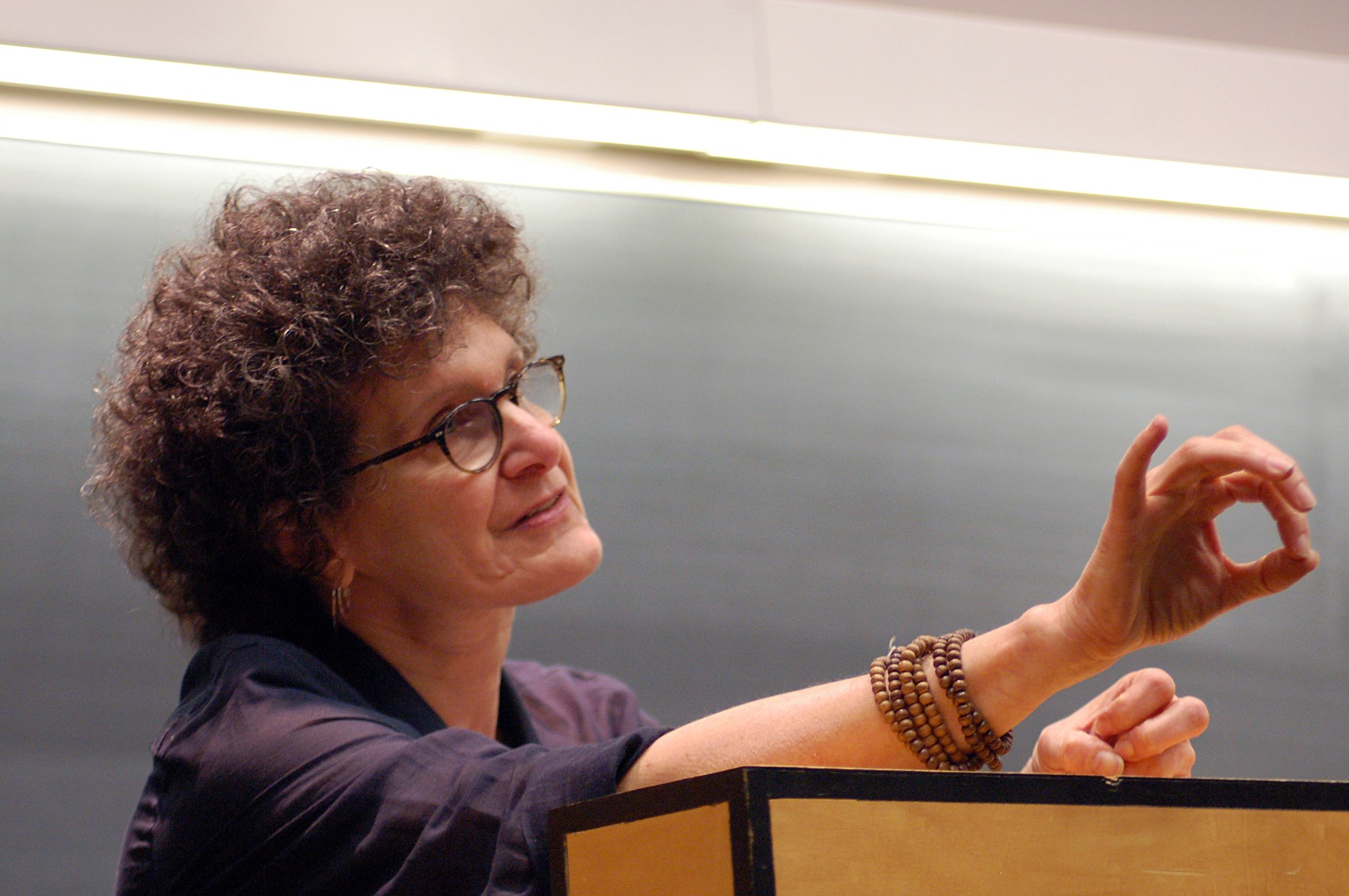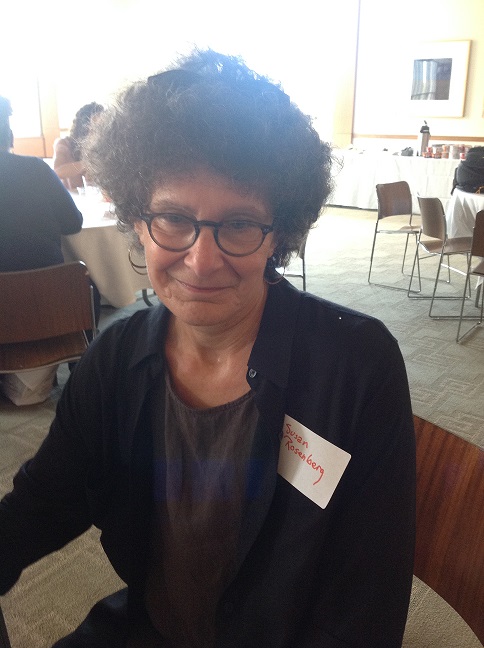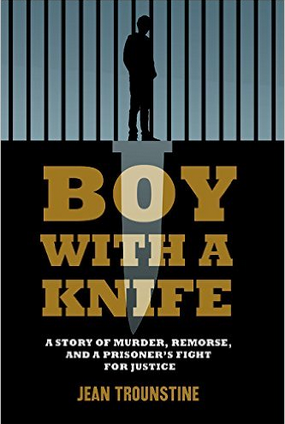

______________________________________________________________________
Last summer I read Susan Rosenberg’s book, An American Radical: A Political Prisoner in My Own Country, and had every intention of writing about it, but now, I am glad I waited. Recently, as I watched protests against Donald Trump’s hate speech, Rosenberg’s book seems more important than ever.
On the one hand An American Radical is a story of a young woman who at age 29 was on the FBI’s Most Wanted list. She admits some of her methods to get what she believed in were not effective. She was a young woman, as she says years later, that “could not see the long distance [she] had traveled from [her] commitment to justice and equality to stockpiling guns and dynamite. Seeing that would take years.”
But the passion behind her desire to change what is wrong in our country, and in particular, to overhaul our prison system, is apparent. Her book is also an important story of a system in the U.S. where Rosenberg was degraded and demeaned but still managed to help other women in spite of the dehumanization she experienced. She kept her head above the fray, managed to stand up to the hate, and served 16 years before she was pardoned by President Bill Clinton as he left office in 2001.
Photo by Rohan Quinby from Rethinking Prisons
After her release, Rosenberg became the communications director for the American Jewish World Service, an international development and human rights organization,
Today she teaches in New York and continues her anti-prison activism. When I ran into her last summer at a Free Her conference at Harvard Law School, I reminded her how much the review she wrote of my first book had meant to me. At the time, she had recently been released from prison. I had seen the barbaric tapes of her and other women underground in a prison within a prison. They had managed to campaign for a return to general population.
We had never met, but it was like meeting an old friend. Rosenberg’s insights were still as profound as ever. She said about prison, “Every reform is a direct result of the suffering of every formerly incarcerated person.”
Sometimes it takes a radical shift to see the truth and engage us in that truth.
Julia Steele Allen is another progressive thinker, a dynamo actress/writer who has the vision to help people rethink the brutalization in prisons. She is one of the forces behind the stunning production of Mariposa and the Saint, a play through letters about solitary confinement, Written in collaboration with a woman who calls herself Mariposa, a prisoner in the notorious SHU in a California prison for women, the play takes the audience through a grueling reenactment of solitary confinement. The play is currently touring, according to Steele’s website, to eight states with active legislation or statewide campaigns to limit or end long-term solitary confinement. The states are: New York, New Jersey, Pennsylvania, Massachusetts, Wisconsin, Texas, Colorado, and California.
Photo by Azikiwe Mohammed (Julia playing Mariposa).
Some of the most touching moments in this short powerful piece take the viewer inside the mind of someone withstanding the insanity—that one cannot help but descend into. Mariposa fights against the injustice of her situation. “You can’t put me in a box cuz I won’t fit,” she says. Mariposa is the Spanish word for “butterfly” and indeed a butterfly cannot be so easily contained.
Mariposa or Sara Fonseca, was originally put in solitary for “an unauthorized weapon” which was, in fact, a tweezers. The craziness of our prison policies continue to come full force after Mariposa gets four more years for throwing a glass of water at a male nurse. Not just more time, but four more years in solitary.
While the play is a bit disjointed and not always easy to follow, it packs a punch as the audience learns of Mariposa’s children she is not allowed to contact while in solitary, and the innumerable losses she endures; she mourns the smell of her baby son’s toes; she aches for a car that will come onstage and drive her away; this she says, in a letter to Julia, is the way the play should end. But it doesn’t end that way. Mariposa remains in prison, now in a mental health unit. It is a brutal and devastatingly sad truth.
The hope in Mariposa and the Saint comes from the activism the play, her letters to Julia, and Mariposa herself has inspired. At one point in the play, Mariposa calls her time in solitary “the struggle to keep her spirit alive.” While the inhumanity of solitary has been written about, seeing it enacted underscores the importance of stopping this practice. In Massachusetts, activist organizations such as Prisoners’ Legal Services, the Coalition for Effective Public Safety, Ending Mass Incarceration Together (EMIT), Amnesty International, the Criminal Justice Policy Coalition, and others are aiming to pass legislation to stop long term solitary, as our current policies put us out of touch with the rest of the county.
Mariposa would not exist if it weren’t for the trauma she has suffered. As Susan Rosenberg so profoundly reminded her audience at Free Her, the work of changing prisons firmly stands on the backs of those who are still behind bars.






